Insecurity: Our mental health at risk —Journalists
By Saheed Ibrahim
|
On May 3, Nigerian journalists joined their counterparts all over the world to celebrate the World Press Freedom Day. Many issues concerning the press were raised, with plethora of suggestions and solutions.
However, the mental health of journalists seem to be evasive in the discourse concerning the peddlers of the pen profession.
No doubt, journalists are bridges between the people and happenings around the world; good or bad.
Journalists in troubled nations, especially Nigeria, are exposed to mind-bending stories that can alter their mental health but this is rarely talked about.
With bandits attacks, Boko Haram bombings, untamed kidnappings, communal clashes, rituals and many negative events happening in the country, journalists mental health is put in harm’s way.
Some members of the fourth estate of the realm, who spoke with The Hope, lamented how daily exposure to various sad happenings in the country had damaged their emotions.
Mrs Grace Bamidele of the Nigerian Television Authority (NTA) Ibadan narrated her mental ordeal thus: “I am a very emotional person and I occasionally get traumatized by some of the events I am exposed to in my daily routine.
“I once covered a sad burial event and as I was conducting an interview with a relative of the deceased who was crying, I started crying too.
“So many times, I get home and some damaging images which I’ve seen during the day, keeps replaying in my mind. Although, we’re trained as journalists to detach ourselves from the stories we report, but our humanity comes to play once in a while. However, life goes on,” she said.
Miss Seye Akinwalere of Orange FM, Akure revealed that recent negative happenings in the country have been traumatising for her, no matter how hard she tried to avoid it.
“I can’t unsee the mind numbing images. I was coming back home to Akure from an assignment, on the way we saw an accident scene where five people died and I saw a lady like me hanging out of the window lifeless and I couldn’t stop being so sad; tears just kept on flowing.
“One has to be a journalist: see things no one else can or should but I couldn’t bring myself to take a second look without crying and I had to sleep in my mum’s room that night.
“Sometimes news stories on the media like 40 people killed by bandits; why do I have to hear this? 40 humans, not flies or the Ekiti cult clash that was splashed with gruesome pictures.
“I am emotionally broken because we must report these events and they mess with my head. Stories of soldiers been killed every day in the Northeast break one’s heart as all they wanted to do was fight for our nation but instead their lives are cut short by some knuckle-headed terrorists”,
“It is heartbreaking. All can be likened to an injury that the bandage keeps getting pulled back and salt or sand is rubbed into it and that process is on repeat. I just need it all to stop”, the radio broadcaster lamented, wishing there could be no sad story for sometimes, just fun and happiness.
She further explained that exposure to these negative events had made her an introvert. “I am just being delusional because some people get abducted and murdered in their sleep in their homes so who am I but God forbid.
“What that gives me is fear of any shadow, footsteps behind me. I mean the paranoia is mind consuming and at some moments, I have to pray fervently for peace .
As solution, she suggested journalists should have access to therapy session occasionally to unburden their minds “because when we all go home after a day’s job, we ponder on the events of the day – both good or bad. So we need a therapist .
Similarly, Olumide Olamide of Empire Radio, Akure explained that in as much as journalists have no other jobs they do than to report all these stories; good or bad, they need to be taken care of.
He said many times, he would not sleep because he was unintentionally reflecting on events he had seen or heard. “Sometimes, I just think of everything and I will just be moody. It is really affecting us”.
Mrs Tosin Ighoteguono of Positive FM Akure, said the experiences are sometimes indescribable. She said many of the happenings gave her traumatising nights for days.
“The first time I went to cover a story in Ilesa, it was an accident scene. Some market women from Akure going to Ibadan. A trailer crushed an 18 passenger bus along Ilesa/Erin-Ijesa road. The scene was horrible.
“I could not sleep for weeks not to talk of eating meat because of what I saw: blood and scattered human flesh.. Haa!!! We journalists are trying o,” she exclaimed.
“Another one was when I was on a night shift and was writing a story about some journalists coming from NEC meeting, they had an accident along Ibodi/Ife road in Osun state. Writing their names only to discover that my boss and a sister’s husband were among those who died, I was traumatized for months,” she narrated.
However, Mr Peter Dada of The Punch newspaper seemed to have considered bad news as part of Journalists lifetime, based on years of experience.
As for him, “bad or good news makes good stories for journalists, so it is required of a journalist not to be emotional or psychologically intrigued or be affected by the occurrence.
He likened journalists to medical doctors or soldiers, who see dead bodies and gory images often but must do their jobs without getting overwhelmed with what they see.
“A journalist is compared to a medical doctor or a soldier. As it is for a soldier on a battle ground, who kill people and a medical doctor that sees dead people and treat injured people everyday and they live with it, such is expected of a journalist, whose life should not be overwhelmed with the work he is doing.
“For example, a journalist who is stationed at a war beat, he/she sees how two fighters are shooting at themselves, see how people die but it doesn’t mean that should have total control over his normal life because as it is, they are doing their job, it will become a part and parcel of their lives.
“As a journalist, you come across different occasions, where accident occur or people die. So, you shouldn’t be drained by what you see or come across”, Mr Dada stated.
Commenting on this, a clinical psychologist, Mrs Chinelo Olayimika recommended that journalists should find time to take a break from their jobs and focus on other things that can take their minds off the tragic events happening in the country.
According to her, since journalists have no choice than to report news, whether they are good or bad, they must find ways to cater for their mental health.
“Sometimes, you just have to take a break and say I am not going to expose myself to all these for certain hours. I am going to do something different from casting or writing news of the negative happenings in the country.
“You can take a walk. You know, do something fun, watch movies, watch comedies. Just feed your mind on something just to help you have an escape,” the mental health specialist recommended.
She however suggested that if the emotional disorder developed as a result of exposure to negative events, Journalists should seek the help of professional doctor or therapists.
She warned that frequent exposure to news on attacks, violence and sad news could lead to secondary traumatic stress (STS).
Her words: “When we get to a particular height, it becomes excessive and it becomes unhelpful and the resulting factor could be, secondary trauma from all her experiences.
“Sometimes you could have increase level of distress, that’s stress. Sometimes acute stress could result from daily exposure to violence, the lamentation, you know so many unhealthy happenings across the country”.
The emotional duress that results when an individual hears about the firsthand trauma experiences of another. Other contributory factors are exposure to traumatic event(s) or to individuals who are coping with their own reactions to trauma, direct contact with traumatic stories and helping others while neglecting yourself.
Some of the consequences of STS, according to Treatment and Service Adaptation Centre, include feeling detached from others, low energy, unusual behavioural patterns, low performance at work, lack of concentration, difficulty in comprehension and becoming emotionally unavailable to others.

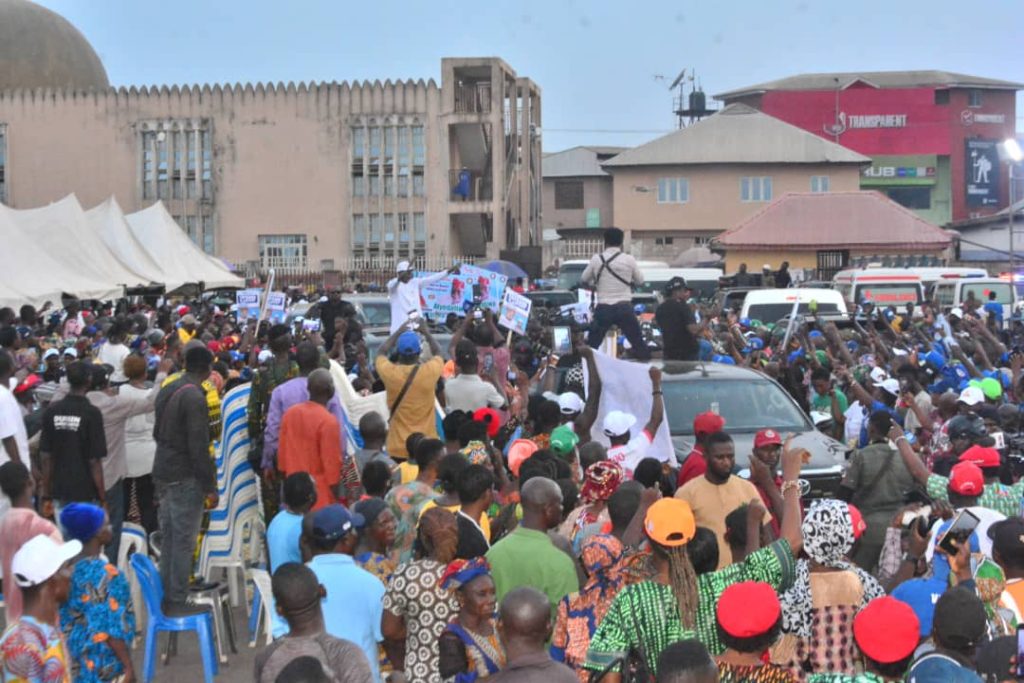
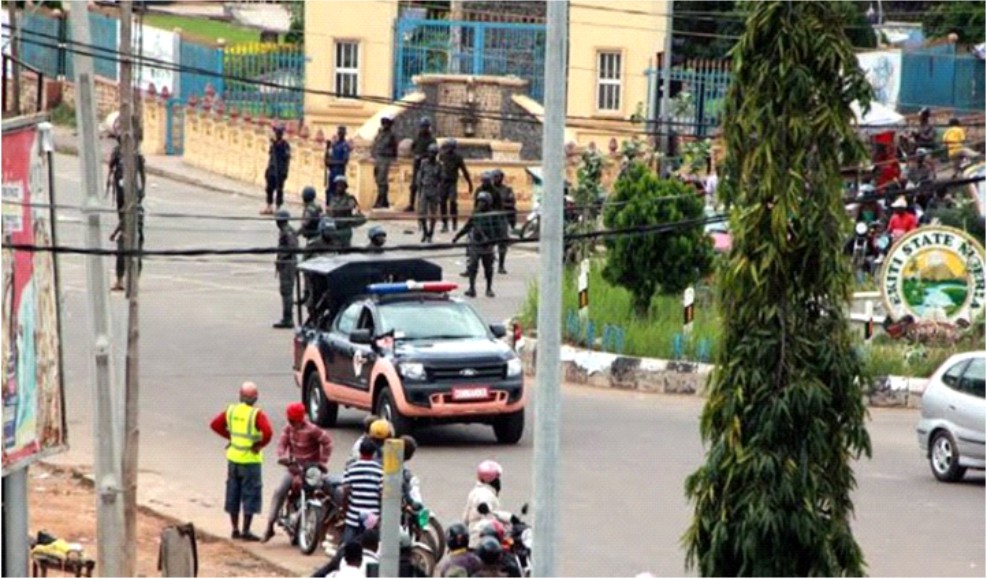

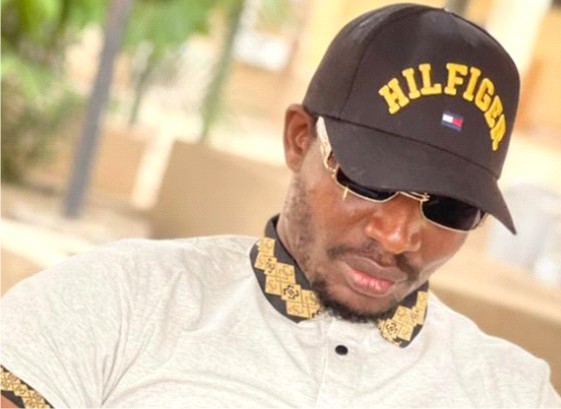
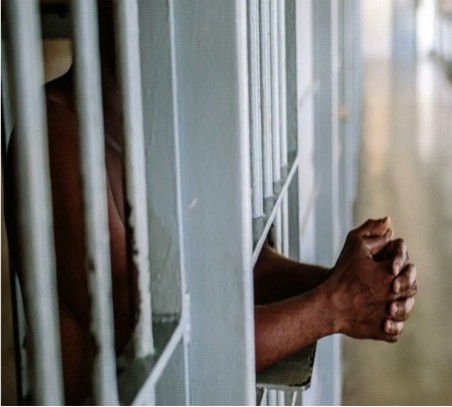


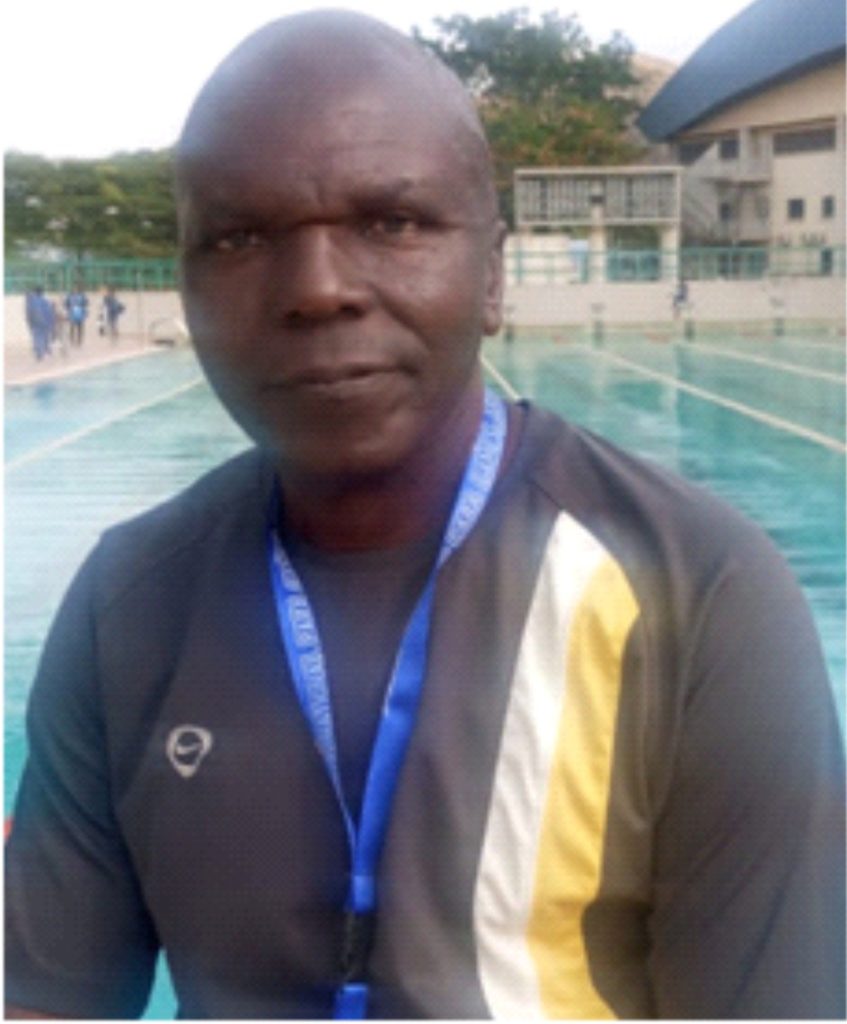

Chikodili Ali
05th May 2021Journalism is a very tough job to do indeed but, choosing that line one has to be strong and bold especially emotionally as everyday life of a journalist is filled with “fear of the unknown”
I pray God keeps all our Journalists strong and healthy in doing their job. Amen